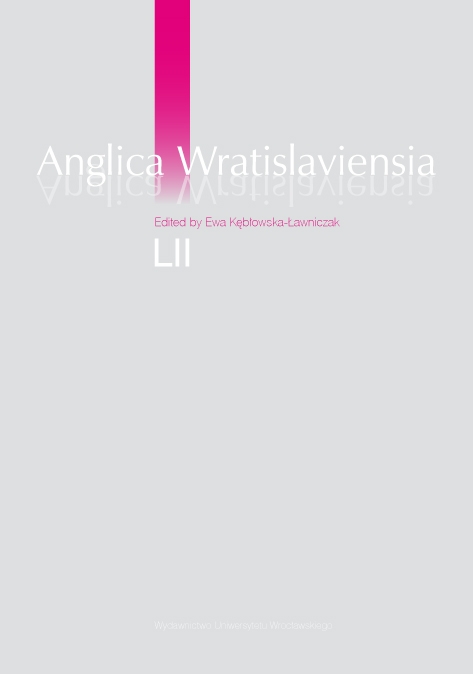

Second Language Acquisition

“Attributions” make up a psychological process that allows the individual to interpret and understand the behavior of others. As such, attributions refer to communicative behavior, enabling us to explain and understand the diversity of meanings given to communicative acts. Foreign language learners’ attributions regarding communication in L2 may be shaped by their willingness to communicate WTC in that language.
The participants in this study were 609 secondary grammar school students. The results demonstrated that high levels of L2 WTC allow for responsible, internally driven, and stable behavior, firmly grounded in the student’s self-confidence. Learners willing to communicate in L2 demonstrate an unfaltering belief in their own abilities, and can take control of their own learning and fully rely on their hard work, irrespective of the hardships of the FL process. They are able to adapt to new challenges and new resources — a fact that makes them valuable assets to modern society. Conversely, students with low L2 WTC levels display serious maladaptive behaviors. They are not only convinced of their inferior abilities, but also reject investing more effort into their language learning processes. In effect, their self-confidence is extremely low, while their lack of volitional control makes them victims of blind fate governed by an FL context that they cannot understand or countenance. Ultimately it is very hard for them to adapt to new challenges, possibly resulting in fewer chances for success in adulthood.